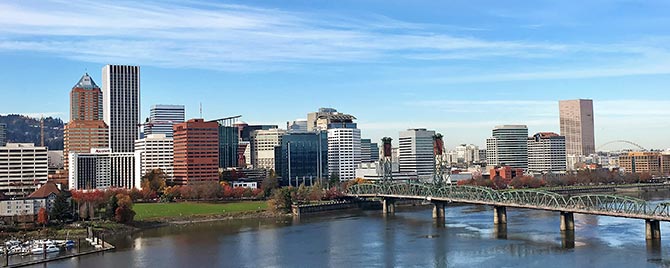Community Development & District Engagement
-
Strengthening Financial Health in Times of Crisis
COVID-19 makes it clearer than ever that inclusion in the financial system is critical for households and businesses to access timely relief funds. Distributing funds at scale, however, presents numerous challenges, including issues related to technology and communication. To explore what it takes to have an inclusive financial system, Laura Choi sat down with Leigh Phillips, CEO of SaverLife, for a conversation on leveraging fintech, data, and strategic partnerships to strengthen financial health in times of crisis.
-
Overcrowding in the Bay Area: Where the Housing Crisis meets COVID-19
The issue of overcrowded housing has known health consequences and is particularly concerning in the context of the COVID-19 pandemic. To better understand the issue of crowding, we examined trends in people moving to more crowded conditions in the Bay Area using data from the Federal Reserve Bank of New York Consumer Credit Panel / Equifax Data. Here’s what we found.
-
How are Nonprofits that Serve the Western U.S. Weathering the COVID-19 Crisis?
Nonprofit organizations deliver key services and promote policies that support the well-being and economic resilience of low-income people and people of color. To better understand how these organizations are faring during the COVID-19 pandemic, we analyzed findings from a Federal Reserve survey, focusing on responses submitted by nonprofit organizations serving the Western U.S. Here’s what we found.
-
The Impact of COVID-19 on Communities and the Entities Serving Them
In April, the Federal Reserve conducted a survey to better understand the impact of COVID-19 on under resourced and low-income communities. A new report, Perspectives from Main Street: The Impact of COVID-19 on Communities and the Entities Serving Them, presents the findings from the survey.
-

The Finer Points of Cyclical and Acyclical Inflation
For some goods and services, prices change with economic growth while for others they don’t. Our research method makes the distinction to improve our understanding of inflation. Here’s what you need to know.
-

Customer-Centered Banking for the Banks: Inside Our Portland Branch
From boutique donuts to blues festivals, craft beers to a thriving food cart culture, Portland has an eclectic vibe and a bit of something for everyone. In a downtown office overlooking the Willamette River and Hawthorne Bridge, you’ll find our Portland branch. Here’s what we do.
-

Mapping Student Loan Debt in the Bay Area
Which neighborhoods have the highest rates of student loan delinquency and default? Explore student loan borrowing and repayment in the San Francisco Bay Area with our new interactive maps.
-
How Much Opportunity Is Embedded in Your Economy? New Research Answers the Question for Sub-Baccalaureate Workers
Do certain regional economies offer greater opportunity than others for the more than two-thirds of adults without a bachelor’s degree? New research explores the jobs available in 121 of the largest metro areas in the U.S.
-
Six Things to Know about Student Loan Debt in the Bay Area
We recently partnered with the San Francisco Treasurer’s Office of Financial Empowerment to take a look at student loan debt for the nine-county San Francisco Bay Area region using Federal Reserve Bank of New York Consumer Credit Panel/Equifax Data. Here’s what we found.
-
A Way Forward: Addressing Mobile Segregation in the Bay Area
Earlier this year, the San Francisco Fed partnered with Northern California Grantmakers to host a program exploring new research and writing on the shifting geographies of poverty and segregation in the Bay Area and what we can do to build a more inclusive region where everyone can thrive. In this post, Sarah Frankfurth, Manager of Collaborative Philanthropy at Northern California Grantmakers, reflects on themes and key points from the discussion.